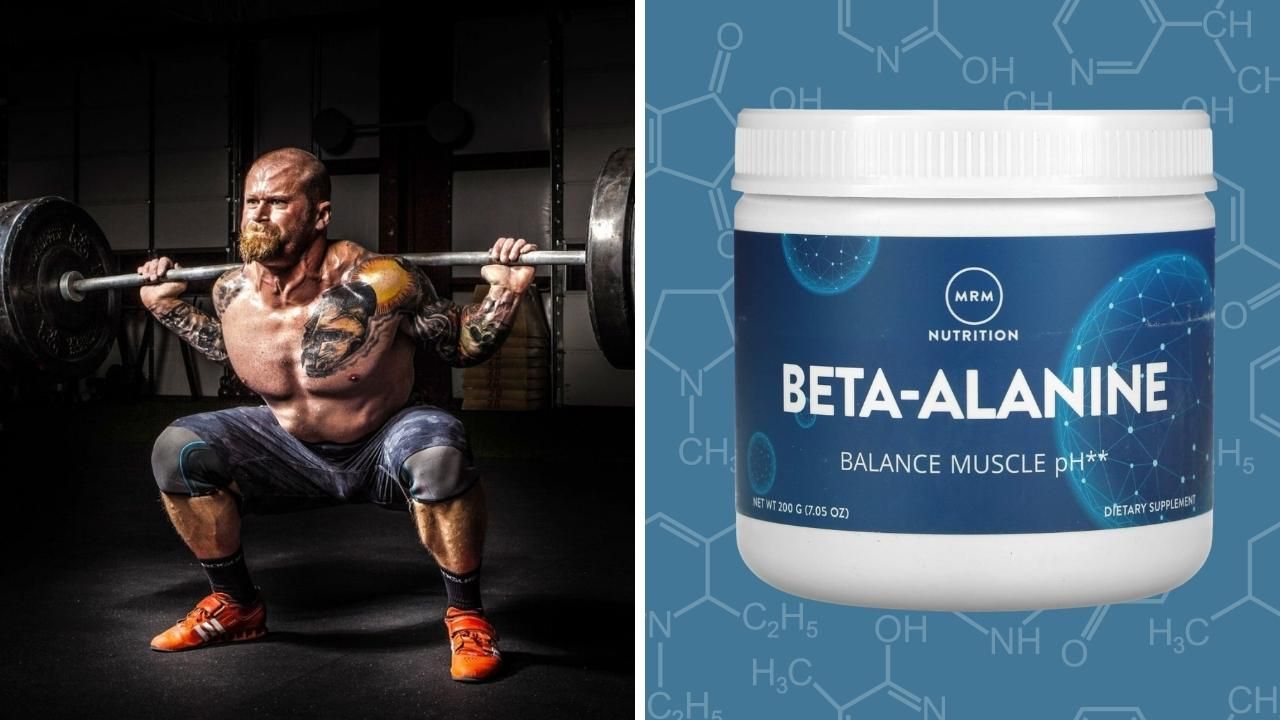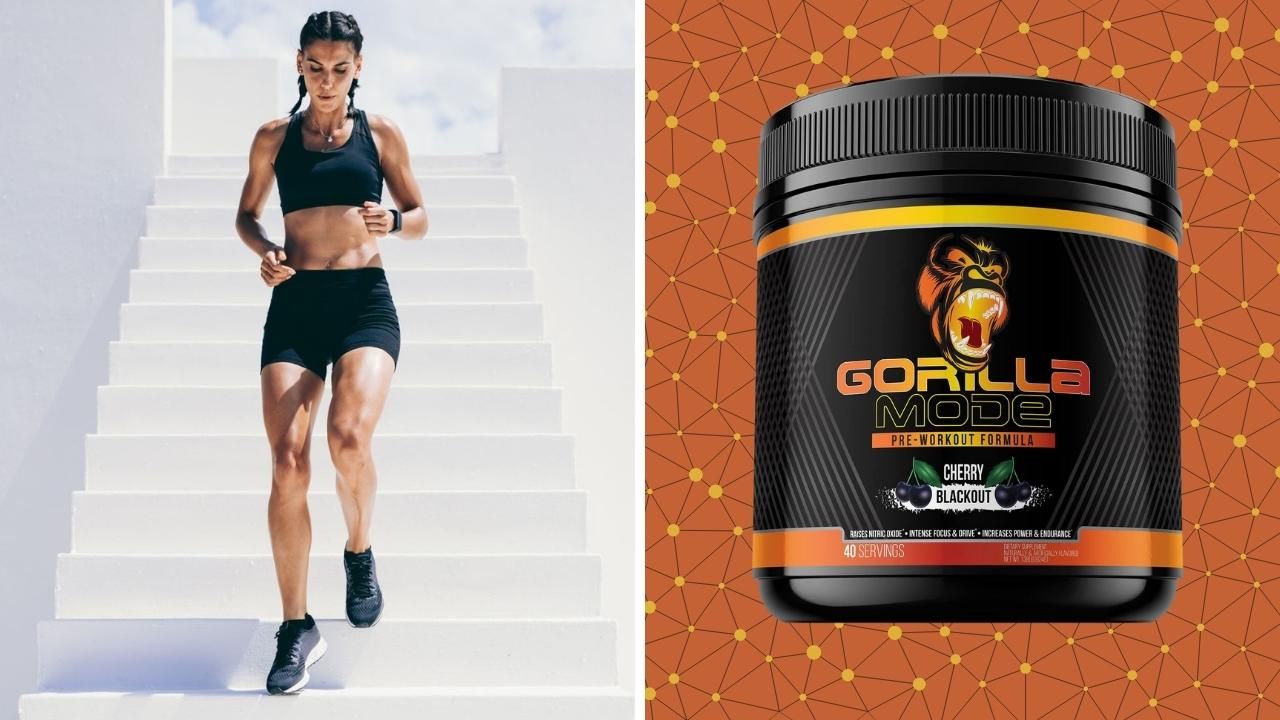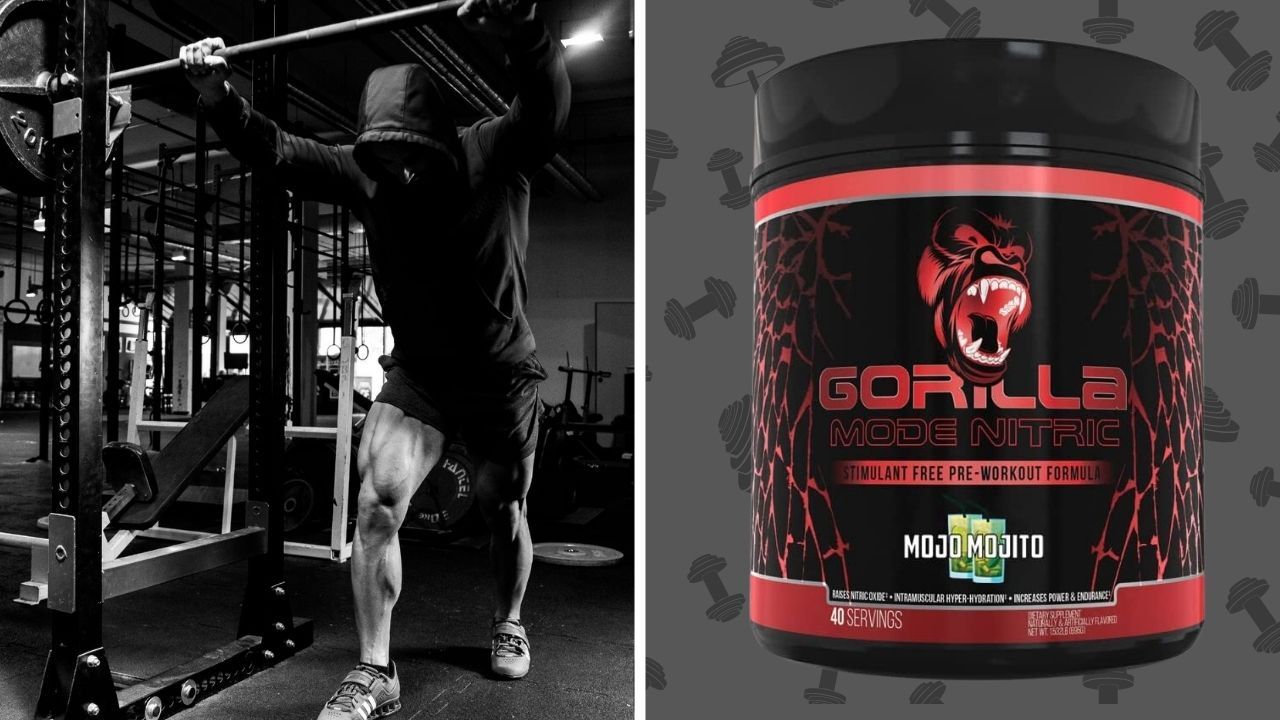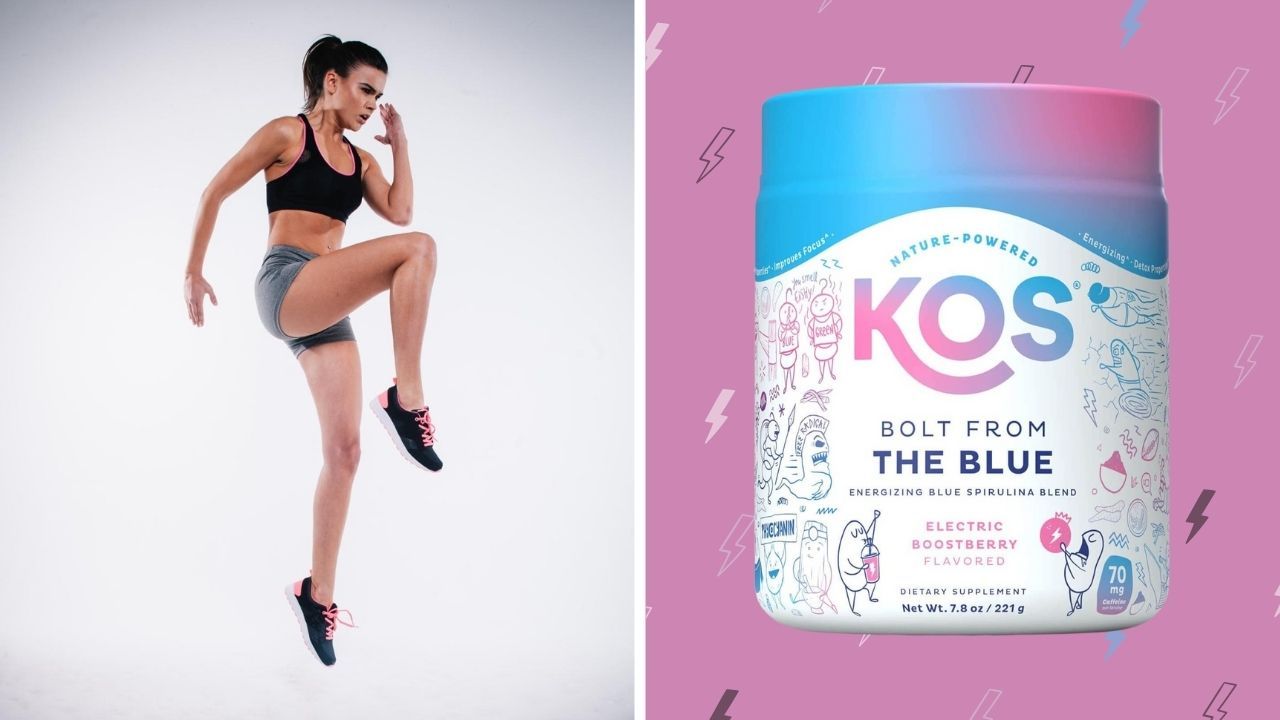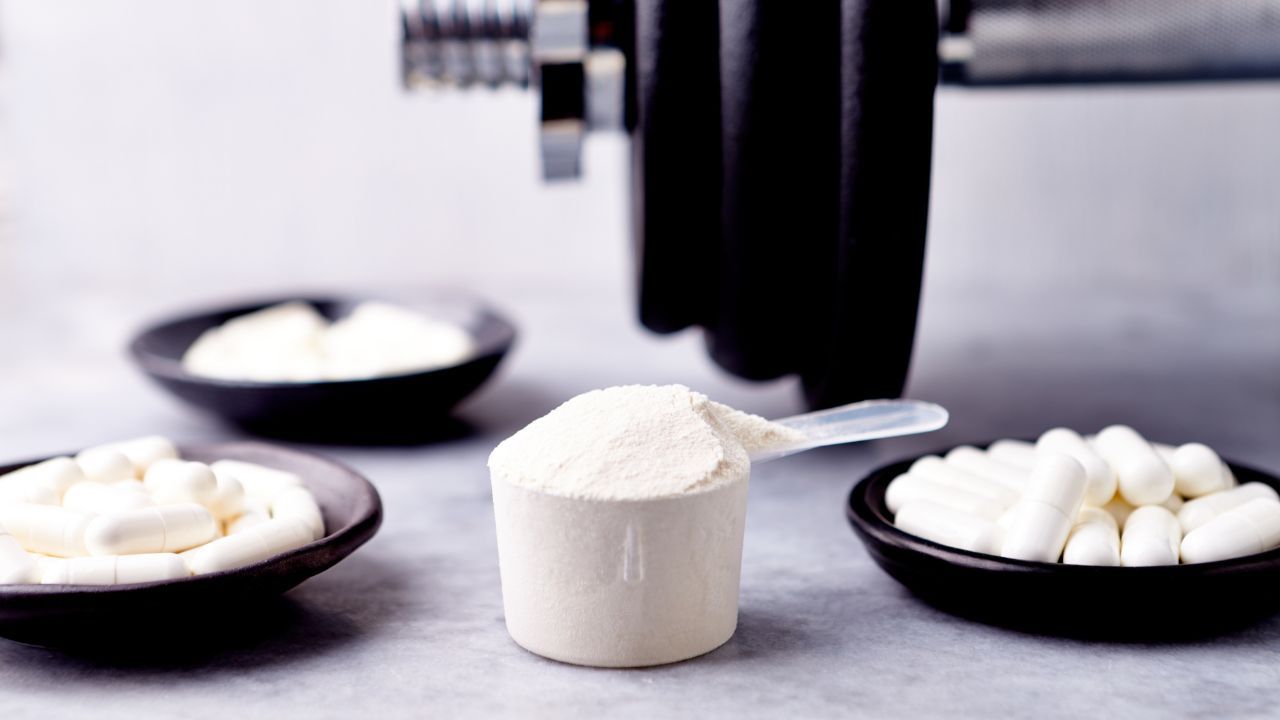
The Science: Why Does Beta-Alanine Make You Itch?
People are hesitant to take beta-alanine because of this side effect, but once they understand the reason, they're usually more willing to give it a try.
Welcome to the world of beta-alanine, the supplement that can give you a tingle like no other. That's right, we're talking about that sensation you sometimes get when you take your favorite pre-workout supplement.
At first, it's not so bad, but then the itching and tingling start, and it feels like a hundred ants are crawling on your skin.
What is going on? Why does beta-alanine make you itch?
- Beta-alanine is an amino acid that can help improve exercise performance by buffering acid in your muscles.
- The tingle or itch that some people feel when taking beta-alanine is caused by nerves in the skin that are sensitive to histamine.
- The intensity of the tingle can be affected by factors such as dosage, individual differences in histamine sensitivity, and co-ingestion with other supplements.
- Gradual dosing, sustained-release capsules, and combining with other supplements can help reduce or eliminate the tingle.
- Beta-alanine is generally safe when used as directed and may have other benefits beyond performance enhancement. As always, consult with a healthcare provider before starting any new supplement regimen.
The Beta Alanine Tingle - What is it?
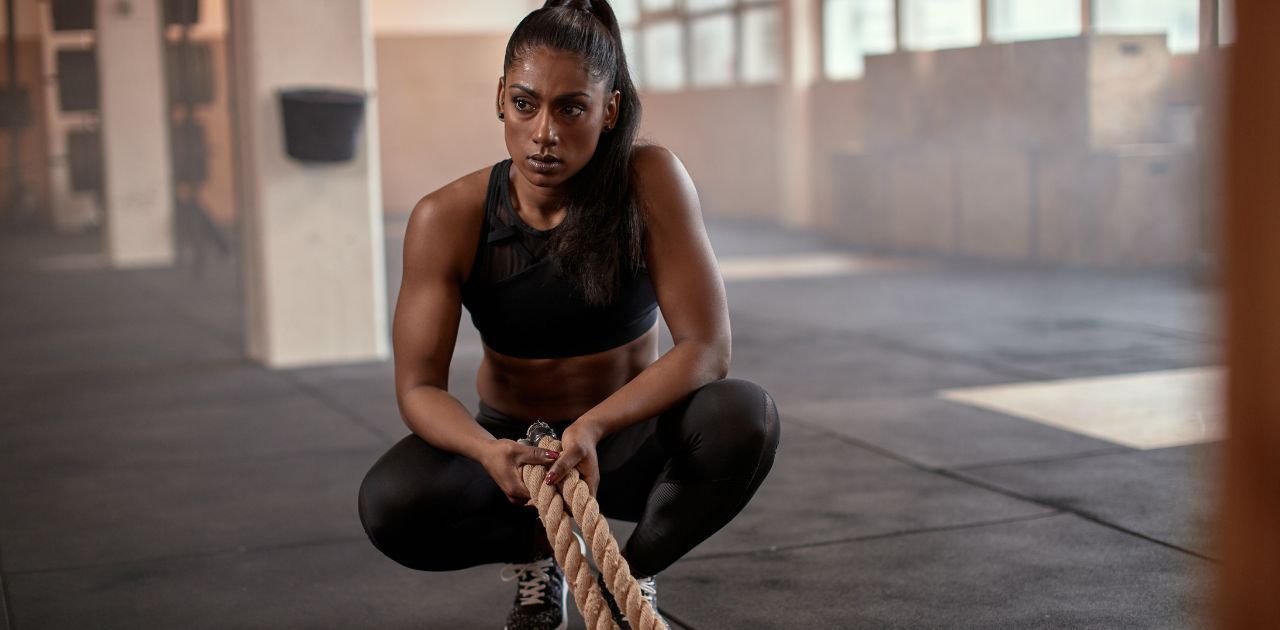
That weird sensation you feel is caused by the activation of nerve endings in your skin.
- Beta-alanine is an amino acid that's used by your body to increase muscle carnosine concentrations, which in turn buffers acid in your muscles.
- As you exercise, your muscles produce hydrogen ions, which can cause fatigue and decrease performance.
- By buffering acid in your muscles, carnosine can help you push yourself harder for longer.
But back to the tingle. It turns out that there are nerve endings in your skin that are sensitive to histamine, a chemical that's released when you take beta-alanine. These nerve endings send a signal to your brain, which interprets it as an itch or tingle.
So, while it may not be the most comfortable feeling, it's a sign that the amino acid is doing its job and increasing carnosine levels in your muscles.
The Importance of Understanding the Tingle
Now that we know what the beta-alanine tingle is, you might be wondering why it's important to understand this sensation. Here are a few reasons:
- Understanding the tingle can help you determine if your dosage is right for you
- Knowing what's causing the tingling sensation can prevent unnecessary panic or concern
- Being aware of the tingle can help you appreciate the benefits of beta-alanine supplementation
What is Beta Alanine?

Before we delve deeper into the science behind the tingle, let's take a moment to define what beta-alanine is and what it does.
- Beta-alanine is a non-essential amino acid, meaning that your body can produce it on its own.
- It's found in protein-rich foods like meat, poultry, and fish
- Beta-alanine is used by your body to produce carnosine, which helps buffer acid in muscles
- Increased carnosine levels have been linked to improved exercise performance, especially during high-intensity activities like weight lifting and sprinting.
In short, beta-alanine is a supplement that can help you perform better during intense workouts by reducing muscle acidosis.
The Science Behind the Tingle
Now that we know what beta-alanine is and what it does, let's take a closer look at the science behind the tingle.
- When you take beta-alanine, your body converts it into carnosine, which is stored in your muscles.
- Carnosine acts as a buffer, neutralizing the lactic acid produced by your muscles during exercise.
- By reducing muscle acidosis, carnosine can help delay fatigue and improve performance.
- The histamine response triggered by beta-alanine is due to an increase in histidine (a precursor to histamine) levels in the body.
- The release of histamine is what causes the nerve endings in your skin to tingle and itch.
But not all nerve endings are created equal. Some people are more sensitive to histamine than others, which is why some experience a more intense tingle than others.
Factors that Affect the Tingle
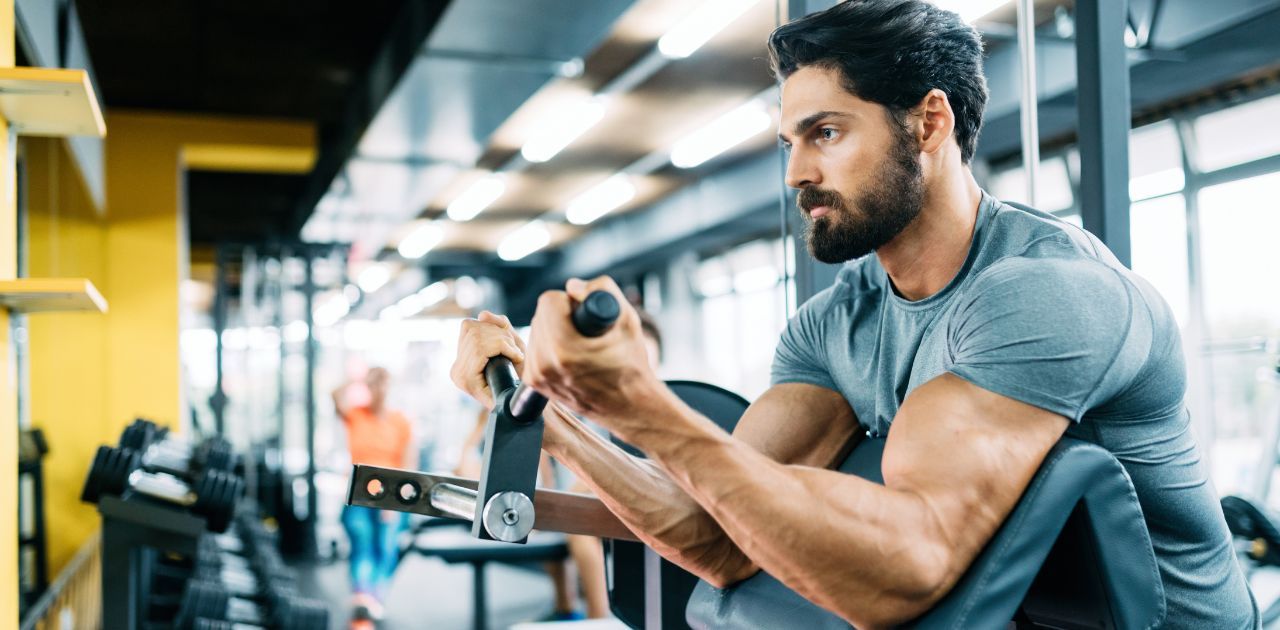
Now that we know what causes the tingle, let's take a look at the factors that can affect its intensity.
Beta-Alanine Dosage
- Taking too much beta-alanine can lead to a more intense tingle.
- If the tingle is too uncomfortable, try reducing your dosage until you find a level that works for you.
Individual Differences in Sensitivity
- Some people are more sensitive to histamine than others, which can affect the intensity of the tingle.
- It's also worth noting that the tingle doesn't necessarily indicate the effectiveness of the supplement.
Co-ingestion with Other Supplements
- Taking beta-alanine with other supplements that increase histamine levels (such as niacin) can lead to a more intense tingle.
- On the other hand, taking beta-alanine with supplements that block histamine receptors (such as antihistamines) can reduce or eliminate the tingle.
Now that we've covered the factors that affect the tingle, let's look at some tips for minimizing or eliminating it altogether.
How to Reduce or Eliminate the Tingle
If you're not a fan of the tingling sensation that comes with beta-alanine supplementation, don't worry - there are a few things you can do to minimize or eliminate it.
Gradual Dosing Approach
- Start with a lower dosage and gradually increase it over time
- This allows your body to acclimate to the supplement and minimize the tingle sensation
Use of Sustained-Release Capsules
- Sustained release capsules can help release beta-alanine slowly over time
- This can reduce the peak concentration of beta-alanine in your body, which can help minimize the tingle sensation
Combining with Other Supplements
- Taking beta-alanine with supplements that block histamine receptors (such as antihistamines) can reduce or eliminate the tingle
- Taking beta-alanine with food can also help reduce the tingle sensation
Bottom Line
The infamous beta-alanine itch is caused by an increase in histamine levels in the body, which triggers nerve endings in the skin to tingle and itch. While the tingle may be uncomfortable for some, it's an indication that the supplement is doing its job and increasing carnosine levels in the body.
Factors that can affect the intensity of the tingle include the dosage of beta-alanine, individual differences in histamine sensitivity, and co-ingestion with other supplements. To minimize or eliminate the tingle, try a gradual dosing approach, use sustained-release capsules, or combine with other supplements that block histamine receptors.
As with any supplement, it's important to use beta-alanine safely and responsibly. Consult with your healthcare provider before starting any supplement regimen, and always follow the recommended dosage instructions.
Future research may uncover even more benefits and applications of beta-alanine supplementation, but for now, we can appreciate this amino acid for its ability to help us push ourselves harder during intense workouts.
Before You Go...
